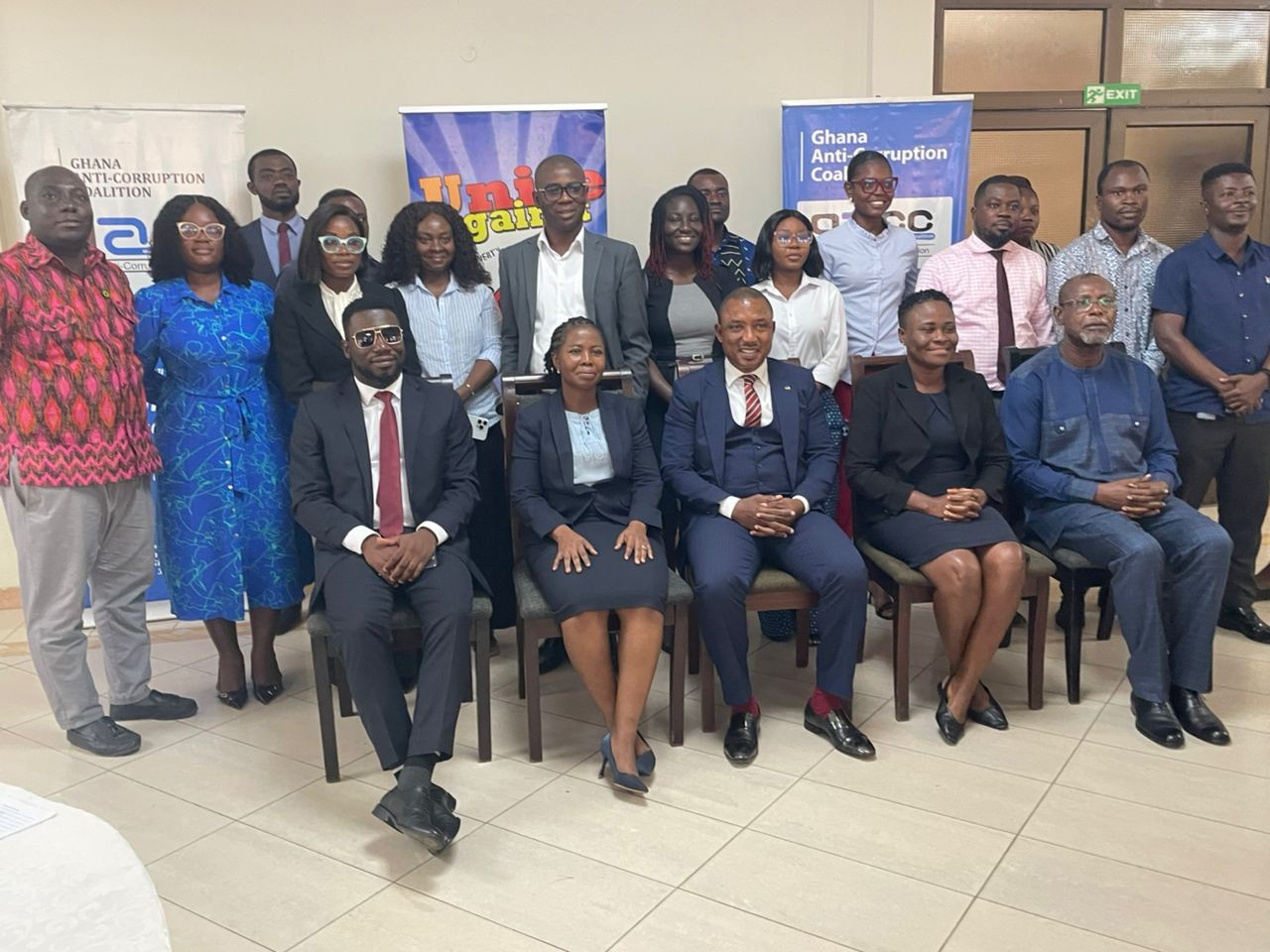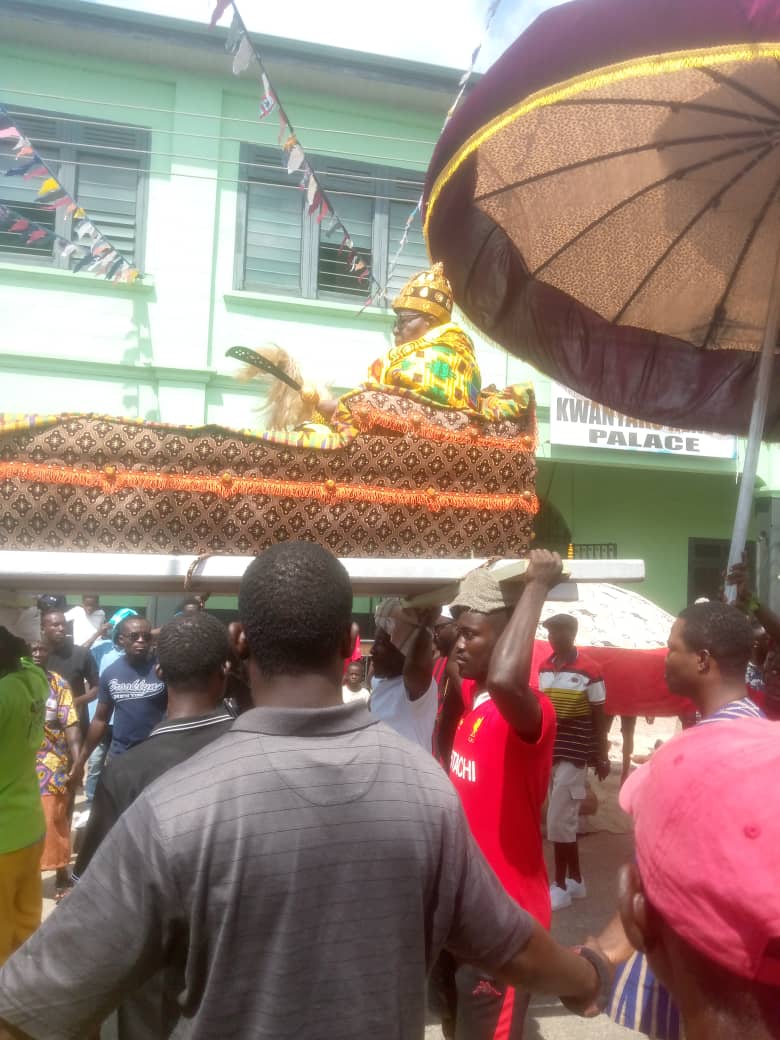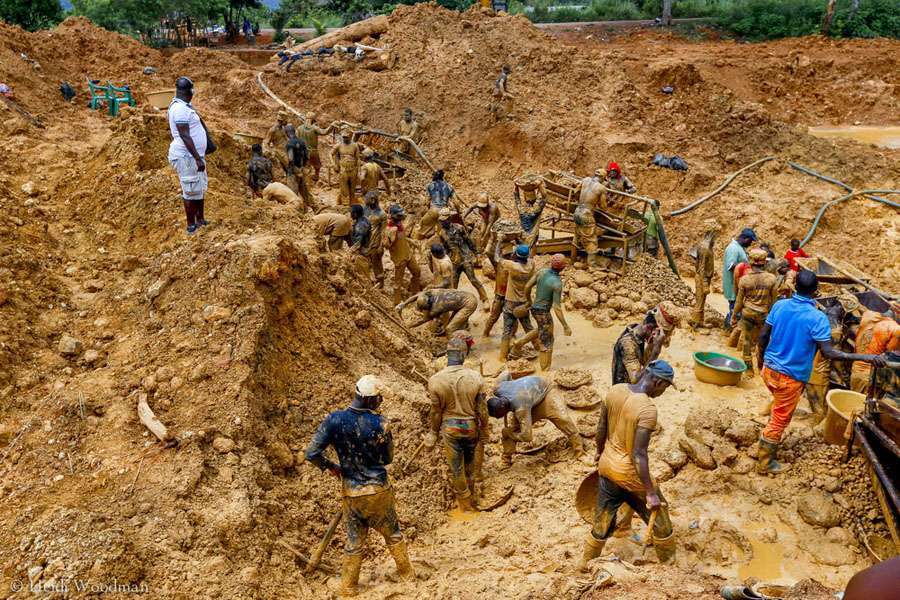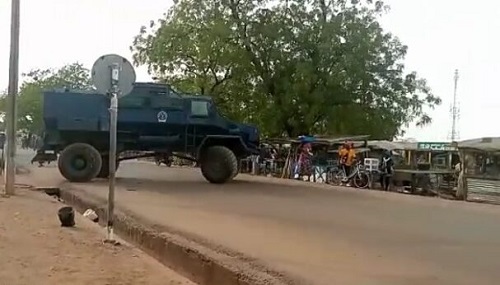The Ghana Anti-Corruption Coalition (GACC), with support from the Inter-Governmental Action Group Against Money Laundering in West Africa (GIABA), has held a sensitization workshop in Accra aimed at strengthening public engagement in Ghana’s asset recovery efforts.
The workshop held under the theme: “Building Political Will and Public Support for Asset Recovery in Ghana,” brought together civil society actors, journalists, and officials from major anti-corruption institutions to examine the legal and institutional frameworks guiding the recovery and management of proceeds of crime.
Executive Secretary for the GACC, Mrs. Beauty Emefa Narteh, described the engagement as timely and essential in empowering civil society organisations (CSOs) and the media with the knowledge needed to promote transparency and accountability in the fight against corruption.
“We need to understand Ghana’s legal framework on asset recovery and management to communicate accurate information and inspire civic engagement,” she stated.
Mrs. Narteh commended state institutions for demonstrating greater professionalism in asset recovery in recent years, noting that processes are becoming less influenced by political interference.
The Executive Secretary also emphasized the role of the media in safeguarding public trust. “If the media fails, the public is left with half-baked information,” she cautioned.
She commended GIABA for its continued support and announced that similar workshops would be held across the regions to deepen public understanding and build a more informed anti-corruption coalition.
EOCO Recovers Over $79 Million in Assets
In his presentation, the Head of Legal and Prosecution at the Economic and Organised Crime Office (EOCO), Leo Anthony Siamah (Esq.), disclosed that the agency recovered more than $79 million and over GH¢200 million between 2023 and 2024.
EOCO also seized or restrained over 60 vehicles and confiscated lands and properties linked to convicted persons and suspects. Some of the recovered items, including laptops, have been reassigned to public institutions to support their operations.
Despite these successes, Mr. Siamah highlighted key challenges facing asset recovery efforts, including complex legal procedures, weak international cooperation, and prolonged litigation. “Some mutual legal assistance requests take over a year to process. Countries like the UK may not assist if the offence under investigation carries the death penalty,” he explained.
He called for legal reforms to decentralize asset-freezing authority to regional and district police units, arguing that delays in approval from national headquarters often allow suspects to conceal or transfer assets. “We need quicker action to secure assets before they vanish,” he stressed.
EOCO, he added, is strengthening its strategy through the use of forensic accounting, digital asset tracking, early auctions to preserve asset value, and stronger partnerships with global anti-corruption networks.
OSP Strengthens Tracing and Preservation of Tainted Assets
Commissioner Albert Akurugu, Esq., Director of Asset Recovery and Management at the Office of the Special Prosecutor (OSP), also reaffirmed the office’s legal authority to trace, freeze, and seize assets acquired through corrupt means, including unexplained wealth.
“If you fail to declare your assets and we find them, it becomes an automatic forfeiture,” he said. He explained that the OSP can initiate searches without prior court approval if there are reasonable grounds to suspect that assets are tainted. Once frozen, the OSP applies for a confirmation order to take legal custody and manage the assets until a final court decision is made.
Mr. Akurugu stressed the importance of preserving asset value, noting that seized funds are kept in interest-bearing accounts and that court-appointed receivers are engaged to manage complex properties. For foreign-based assets, the OSP collaborates with international partners through Mutual Legal Assistance (MLA) arrangements.
Highlighting institutional reforms, he cited improvements in auction practices at the Customs Division, driven by recommendations from the OSP, which resulted in a 347% increase in auction revenues after addressing undervaluation of seized vehicles.
He called on the media to support anti-corruption efforts with accurate and responsible reporting. “Corruption thrives in darkness. The media’s role is to shed light,” he said, cautioning against sensationalism that can distort public understanding and undermine investigations.
Mr. Akurugu also advocated for amendments to enable asset recovery from the estates of deceased public officials who had enriched themselves through corrupt means. “We must be able to go after such estates to truly recover public wealth,” he said.
Participants Trained on Ghana’s Legal Framework and Media Role
As part of the workshop, participants were taken through Ghana’s legal and institutional framework for the recovery of proceeds of crime. Sessions covered the mandate of the Financial Intelligence Centre and emphasized the complementary roles of civil society organisations and the media in advocating for transparency and monitoring asset recovery processes. Enditem
Source: Isaac Kofi Dzokpo
Share Us



